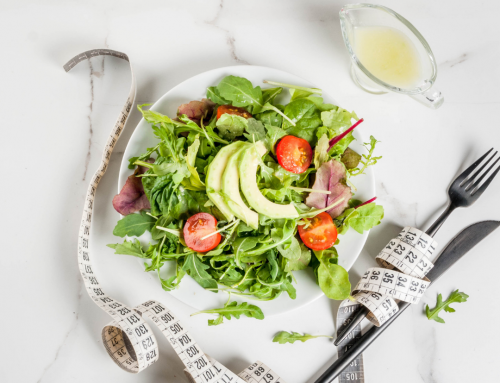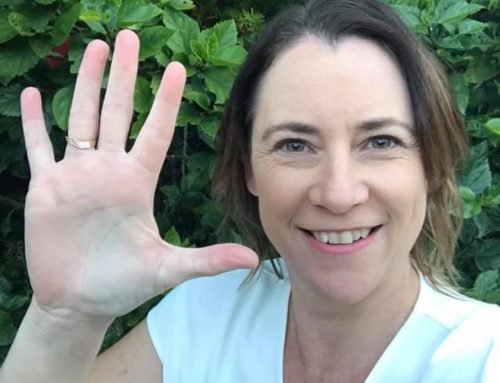If I asked you the question what does ‘stress’ feel like? What would you say?
Stress means many different things to different people.
By definition stress is:
‘A state of mental or emotional strain or tension resulting from adverse or demanding circumstances.’ Oxford Dictionary
Stress can present in many different ways and it’s important to be able to recognise these signs, particularly because the way that stress presented itself in your 20s maybe different to how it presents itself in your 40s.
By being aware and recognising these common stress symptoms in your own body, you can search for answers or treatment so that you can feel energised, well rested and calm in life.
‘I don’t feel stressed’. Is a term I hear all too often in clinic. But really, what does stress feel like?
Personally, I think it is different for everybody. It can be present as emotional, cognitive or physical.
Symptoms of stress:
Emotional or cognitive symptoms of Stress:
- Feeling frustrated, moody, angry or overwhelmed
- Overactive mind or constant worrying
- Forgetting things frequently
- Disorganised
- Trouble focusing on tasks
- Poor self-image or negative self talk
- Isolating yourself from others
Physical symptoms of Stress:
- Low energy
- Digestive problems including bloating, constipation, diarrhoea or nausea
- Aches, pains and sore muscles
- Frequent colds, flu or mouth ulcers
- Loss of sexual drive/libido
- Problems with sleep including falling asleep or staying asleep
- Wired in the evenings and tired in the mornings
- Sore jaw from clenching
- Headaches
- Period pain
We often have clients who tell us, “I am stressed, but it’s not like I can remove all the stress in my life – I still need to work, my family keeps me busy and I have lots of things that I need to do each day!”
Putting a stress reduction plan in place with me, your naturopath, isn’t about removing all the things that stress you in your life like work, family, relationships etc. Because realistically that is impossible. It’s about implementing strategies for your health and lifestyle to better cope with these stresses. Activities like yoga, meditation (see article on meditation) and journaling are all important tools to have in your tool box when dealing with stress. From a nutritional and herbal medicine perspective, there are many nutrients and herbs called adaptogens that can help support the bodies natural coping mechanisms. It doesn’t take the things away that are stressing you but it helps you cope better with the emotional, cognitive and physical side of things. Together in a naturopathic consultation we look at nutrition and ways that you can support your nervous system to live a busy, but balanced life so you become better at coping with stress.
If you are feeling any of the above or a combination of these symptoms, please get in touch with me for a discovery call or book now for an initial naturopathic consultation. We can design an individualised Stress reduction plan for you and get you back on track.
Dee







Leave A Comment